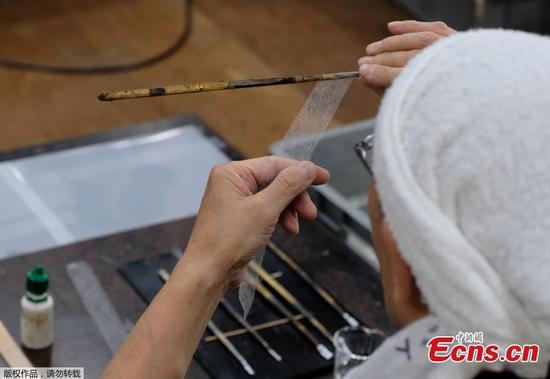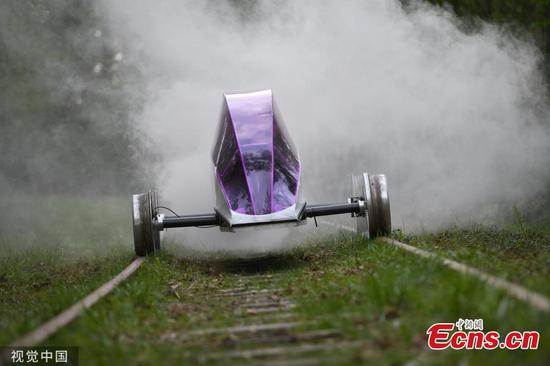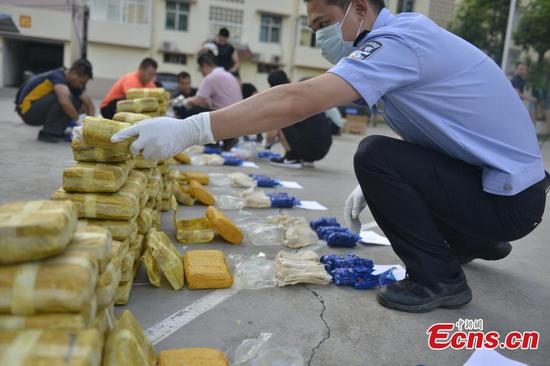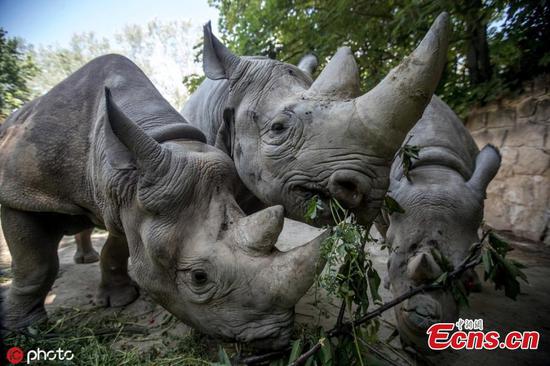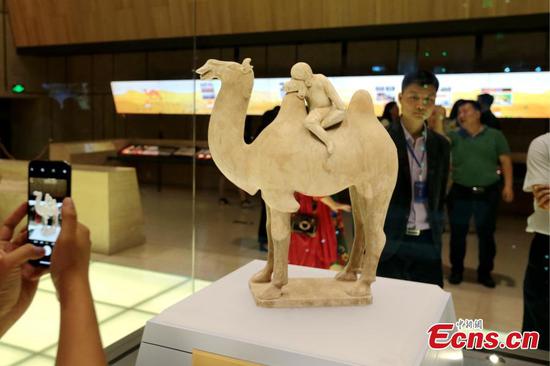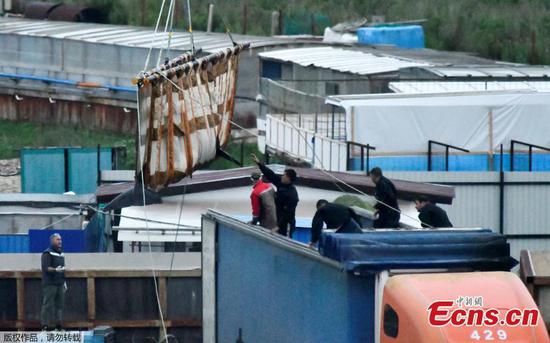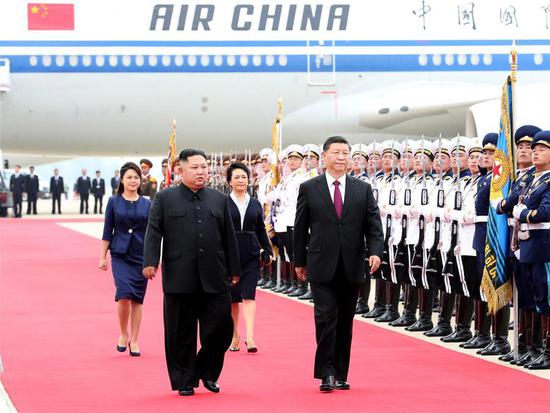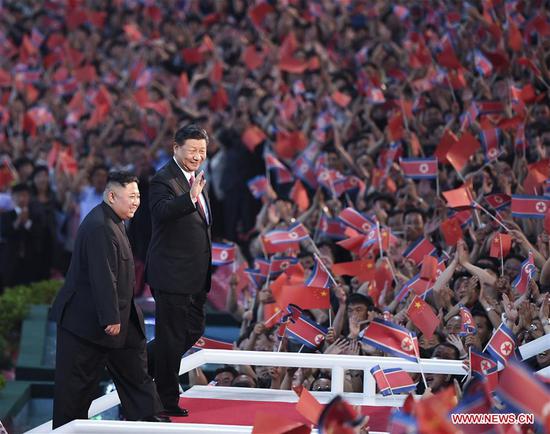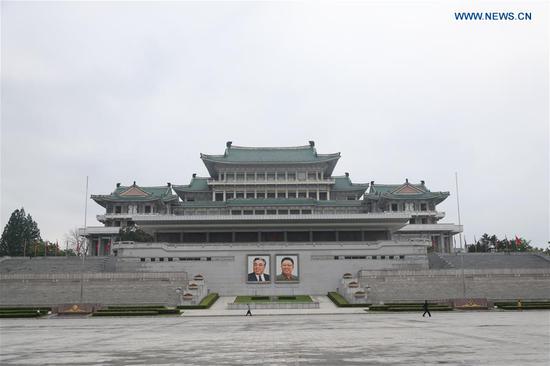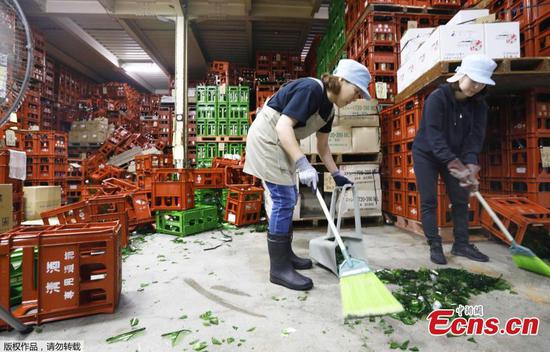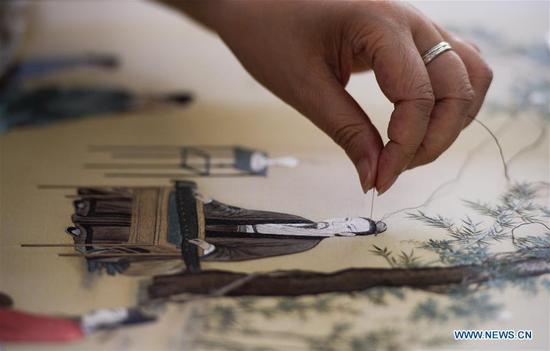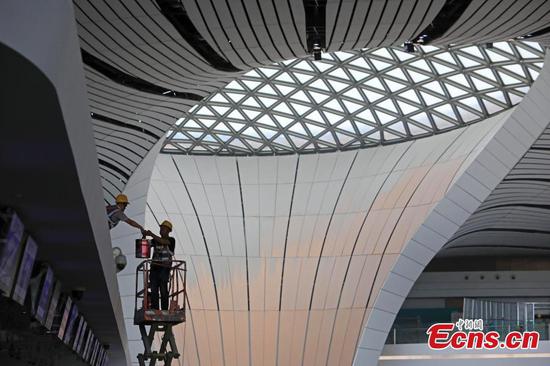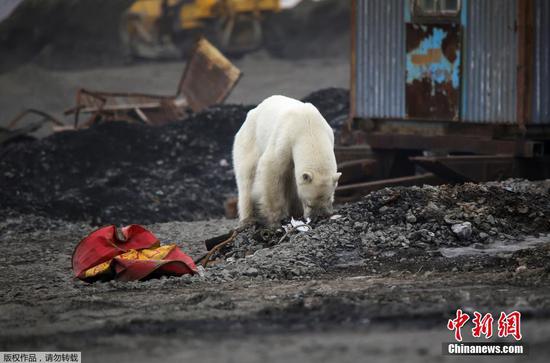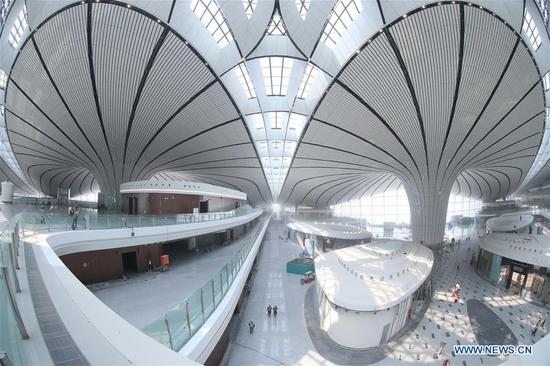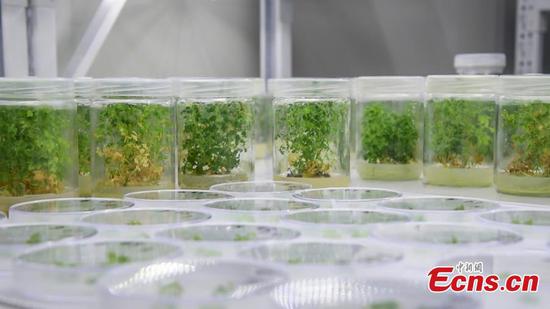The Democratic People's Republic of Korea (DPRK) has been pushing forward technological innovation in a bid to bolster the country's economic growth and social progress.
Innovation in science and technology as well as hi-tech personnel have become key for the DPRK to achieve socio-economic development and raise living standards under the leadership of Kim Jong Un.
"Giving priority to science, technology and education is a guarantee that our Republic can make steady progress," said an article in DPRK's official daily Rodong Sinmun on Monday.
In recent years, enthusiasm for scientific and technological innovation has been observed in such areas as industrial and agricultural production, education, healthcare, culture and others.
The country's State Academy of Sciences in cooperation with various units have made a number of sci-tech achievements yielding favorable economic benefits, said the official Korean Central News Agency (KCNA).
It reported that scientists and technicians introduced an oxygen-based pulverized coal firing technology into thermal power plants in order to produce electric-power without using heavy oil. Other hi-tech equipment and facilities have tackled problems in such areas as aquaculture, papermaking, livestock breeding and seed selection, leading to higher productivity and more economic benefits.
Technicians of the Kumsong Tractor Factory and the Sungri Motor Complex, together with scientists of various units, have also completed hundreds of technical innovation plans, and designed and manufactured new jigs and tools for production of tractors and motor vehicles, the KCNA said.
State-owned Taedonggang brewery in Pyongyang produces the DPRK's bestselling beer, gaining popularity both at home and abroad. Kim Seong Bok, a manager with the brewery, told Xinhua that the fine quality of Taedonggang beer is attributed not only to premium quality malt, rice and water in the brewing process, but also to the efforts made by many professional technicians.
Han Hyeong Cheol, who is in charge of quality control at the brewery, said: "The factory devoted a huge amount of effort into research and development of new equipment, and has mostly finished upgrading to modern equipment and devices."
Fifteen professionals are working to develop more new products, Han said. To facilitate the process, the brewery has introduced an internationally adopted system to assess the consistency of beer tastes, and learned from famous brewing companies worldwide about upgrading production technology and quality management.
With tele-medicine equipment and technologies, patients can enjoy remote medical care services, and doctors at different hospitals can conduct online medical consultation.
Technologies have been put into use in education as well. In classrooms of many primary and middle schools as well as universities, multimedia tools, virtual reality and augmented reality technologies boost the learning experience of students.










